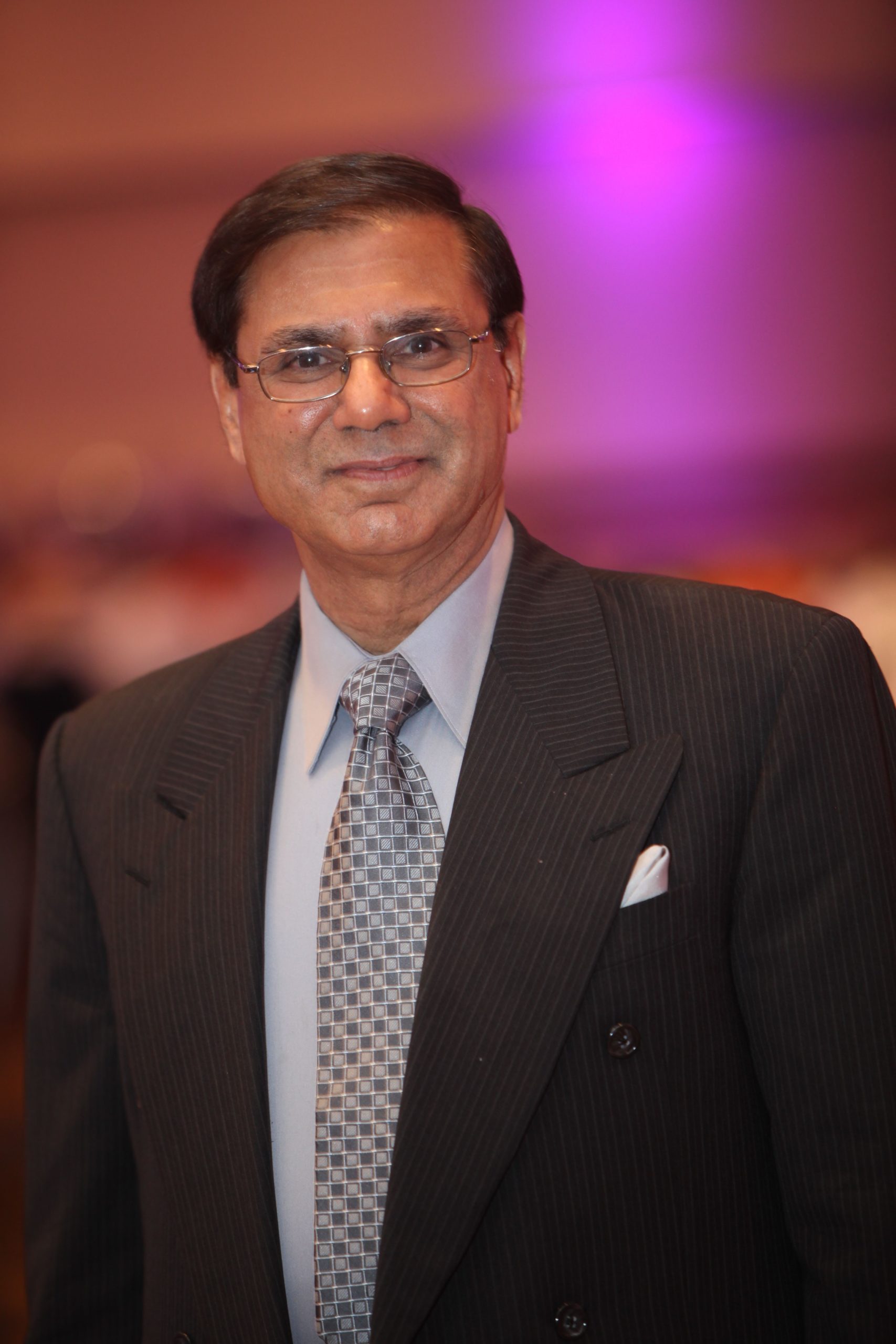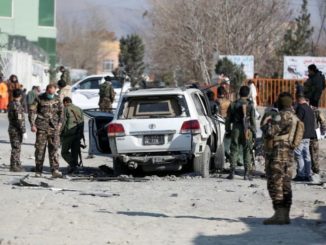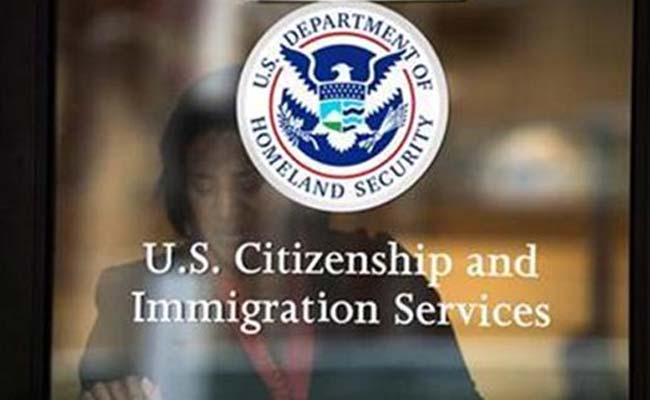By Indrajit S Saluja
The other day, a friend who is in the election fray for New York City Council complained that he was not getting adequate support from the temple he belongs to. He alleged that another candidate was getting the support. I asked him how much it mattered if he did not get the support from the temple. He wasn’t sure. I asked him if the congregation voted on the advice and guidance of the temple management. To which, he said, in most cases, yes. So, now I could understand his worry.
The question of temples and social organizations wielding considerable influence has often been discussed. It has been found that these institutions hold a significant sway over their members. However, it is not always and in all matters that their members would oblige the officials.
With the New York City elections around, I decided to speak with a couple of community organization leaders to know how much they are involved in elections, and how they plan to go around helping candidates belonging to their community and group.

Mr. Gobind Munjal is a senior community leader who has for long been associated with a number of community organizations. He was president of AIA which organizes the iconic South Street Seaport Diwali Mela. He was President, at one time, of the largest association of Indian Americans in Long Island– Indian Association of Long Island, said that he believed the community organizations are basically training grounds for people in various fields, including politics. “Participating in political processes is important”, he said. “If you have political clout, community is successful”, he added.
When asked about what the organizations could do when a number of candidates from the community face each other in a constituency, Mr. Munjal said, “The individual clashes is a worrisome issue. You are cutting yourself, dividing your votes. Much can be achieved through consolidation of votes”.
Mr. Munjal, referring to NY City Council District 23 where 4 Indian American are candidates among a total of 7, said,” I support enhanced participation of the Indian American community in the political process. However, I appeal to all contending candidates to evolve consensus on a single candidate and put up a united front to make an Indian American win, so that our community is well represented”.
I took Mr. Munjal’s suggestion to three of the four Indian American candidates. I have been requested not to quote them. So, I will not mention who said what. One said it was his right to be a candidate and try his luck. He also said he had put in quite a few years in community service, and that he was more qualified and had better claim than others.
Another candidate was willing to accept the consensus idea provided there was a formula which was fair. Now the question of a fair formula turned out to be ticklish. Someone suggested a lottery. Another objected. The end result was there could not be a consensus candidate.

Another question came to my mind. Whether or not the community organizations could come together and discuss a formula to have consensus candidates with a view to putting up a strong challenge to contenders from other communities. Here, Master Mohinder Singh, a Queens County Community Board 9 member said that the idea of supporting and electing a community guy is a narrow one, given the fact that we live in a multicultural society, and we look for the best to represent us. However, as far as possible, we should support people from our community provided they are able to deliver.
When questioned if community organizations, including temples can play a role in helping out the candidates, Mr. Singh said, “The community has always been supportive of the Indian American candidates. As for funding them, the community has been generous. But on the question of consensus, not much can be done. There are various community groups, various faith groups, with different regional affiliations which make it almost impossible to even think of a consensus after the candidates have declared their candidacy.
Mr. Singh emphasized the need to vote. He asked The Indian Panorama to carry an appeal from him to the community that all eligible voters must vote. He said he feels ashamed that despite of being educated and well to do the Indian American community has a poor record of getting out to vote. “In a democracy, not only it is the right of every eligible voter to vote, but a civil duty to vote”, he said.

Renee Mehrra who was the first South Asian American to contest a city council election spoke about the great support she had received from the Indian American community when she first contested in 2001. She said the community organizations play a great role in the success of any candidate. They provide volunteers and funds -both so essential for any political adventure. She hoped of the more than half a dozen Indian Americans contesting New York City elections, some will get elected to represent the community in the City Council, which till now has none from the Indian American community.
(The author is chief Editor of The Indian Panorama)





Be the first to comment